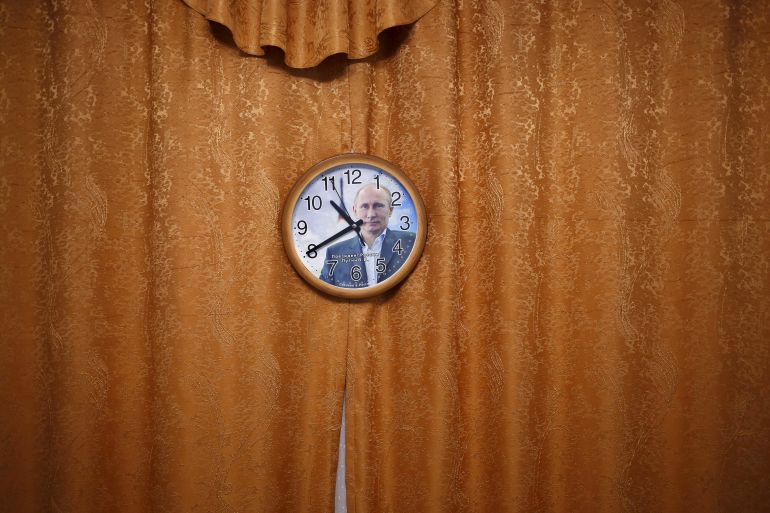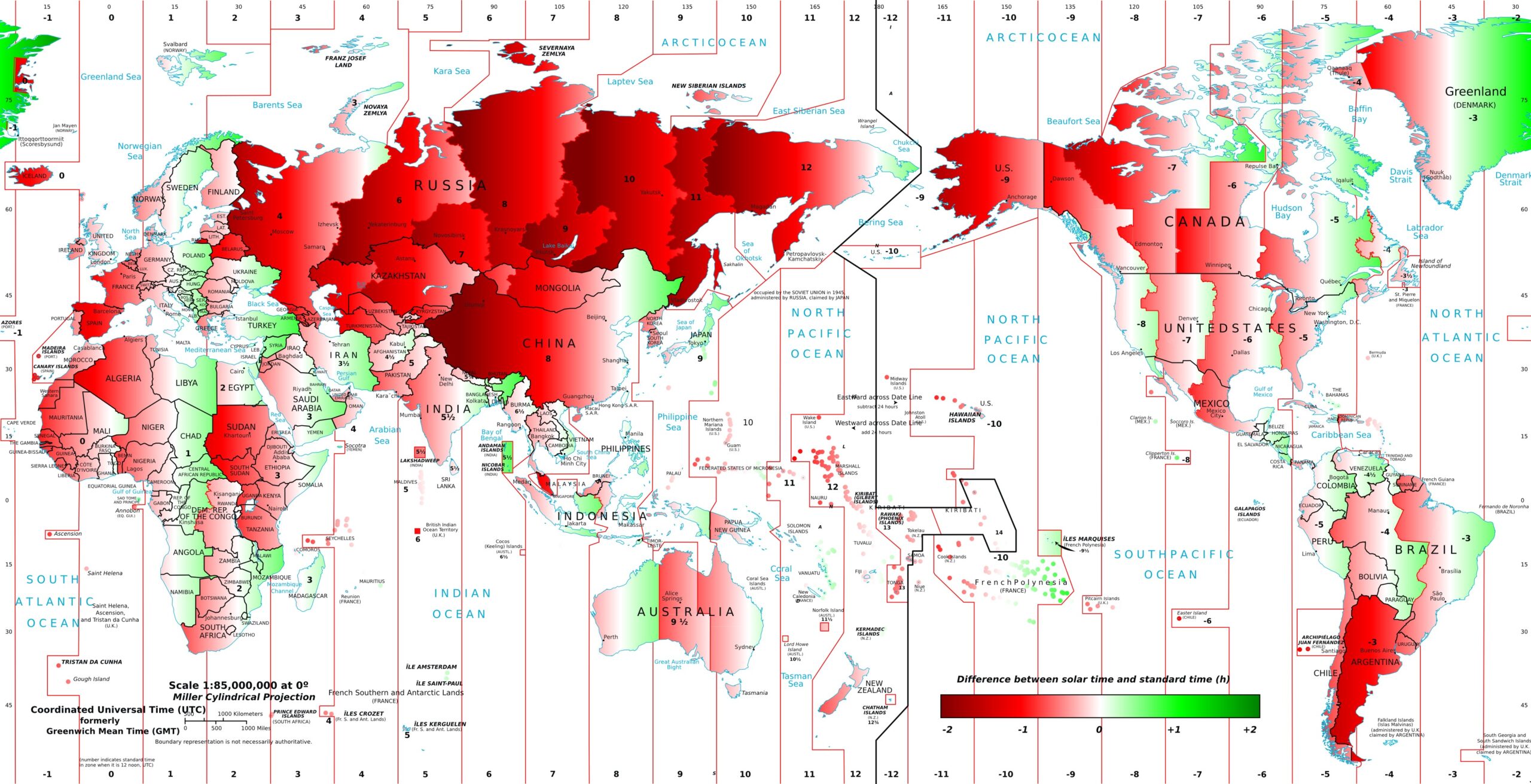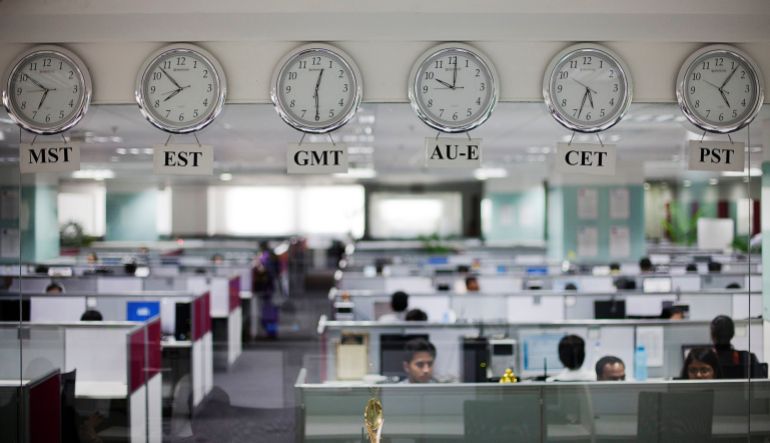By Evi Tsakali,
I have dedicated many of my articles to contemplating on whether everything is politics; well, still contemplating, but apparently our time is politics! Currently residing in Poland, I realized early on that those nice, late sunsets that I had been used to in Paris are long gone; but no, it does not have to do with the fact that winter is coming (actually, Polish winter has come long ago). Looking at the map, I cannot but notice how Poland is located (at least geographically) at the same meridian as Greece; however, those two countries are not in the same time zone, which probably explains why I always have this impression that the sun sets so early here. A week after moving in campus, our Spanish teacher (by the way, Maciej, thank you for Spanish and all the interesting random facts, you are a gem!) would tell us how Spain normally should have been in the same time zone as Portugal and the UK, and that -actually- that is how it used to be; until Franco decided to change the country’s time zone in order to align with Hitler’s Germany. It was those two elements that instigated the idea for such an article.
The following examples will navigate us through countries whose time zones are shaped more by politics rather than geography.
Time and sovereignty

Time can serve as a symbolic weapon for nation-building; it is a means for states to demonstrate at the same time not only their grandiosity, but also how they are comprised of united people in a united territory. It is in that sense, for example, that Crimea changed its time zone to Moscow time after being annexed by Russia. Another characteristic, while rather problematic and impractical, case is that of China; with the interference of the Communist government in 1949, all clocks are set to Beijing time. This entire country officially has -since then- only one time zone, which leads to the bizarre phenomenon of people admiring sunsets at midnight in some provinces. In practice, there is a tendency of informally using some local time zones, but always with caution, due to fear of the regime.
Time and minorities
Geopolitics of time zone may also serve as a tool for minority groups to defend their rights, reaffirm their position within a nation, and fight against state power. During the civil war in Sri Lanka, the Tamil Tigers -the militant separatist group fighting for an independent homeland for Hindu Tamils in the northeastern part of the country- refused to implement the change in time zone imposed by the central government; thus, Sri Lanka existed in two different time zones simultaneously.
Go big or go home: make your own time zone
On August 15th 2015, the day marking 70 years since the Korean Peninsula was freed of Japanese rule, the North Korean leader Kim Jong-Un wanted to turn back time… of course not to the Japanese rule, just 30 minutes behind. The time zone of the peninsula was set by Japan (“The wicked Japanese imperialists committed such unpardonable crimes as depriving Korea of even its standard time”, the state-run national news agency would say), and as a last strike to their former colonial rulers and a reaffirmation of state sovereignty, Kim Jong-Un created the country’s very own time zone, “Pyongyang time”, setting the clocks half an hour behind South Korea and Japan.
Most time zones are a bit off…in one way or another

At this point it should be noted, however, that most of the world’s time zones are even slightly wrong, according to solar time; this what Google engineer Stefano Maggiolo aimed to illustrate via the map featured above. This map is indicative of the fact that the decisions that countries make regarding their time zone(s) (or daylight saving time, which is a whole different discussion) are undoubtedly imperfect, undoubtedly political…
References
-
Conflict over clocks: China among countries where time is political. aljazeera.com. Available here
-
The strange, weird geopolitics of time.washingtonpost.com. Available here
-
North Korea to Move 30 Minutes Backward to Create Its Own Time Zone. nytimes.com. Available here




